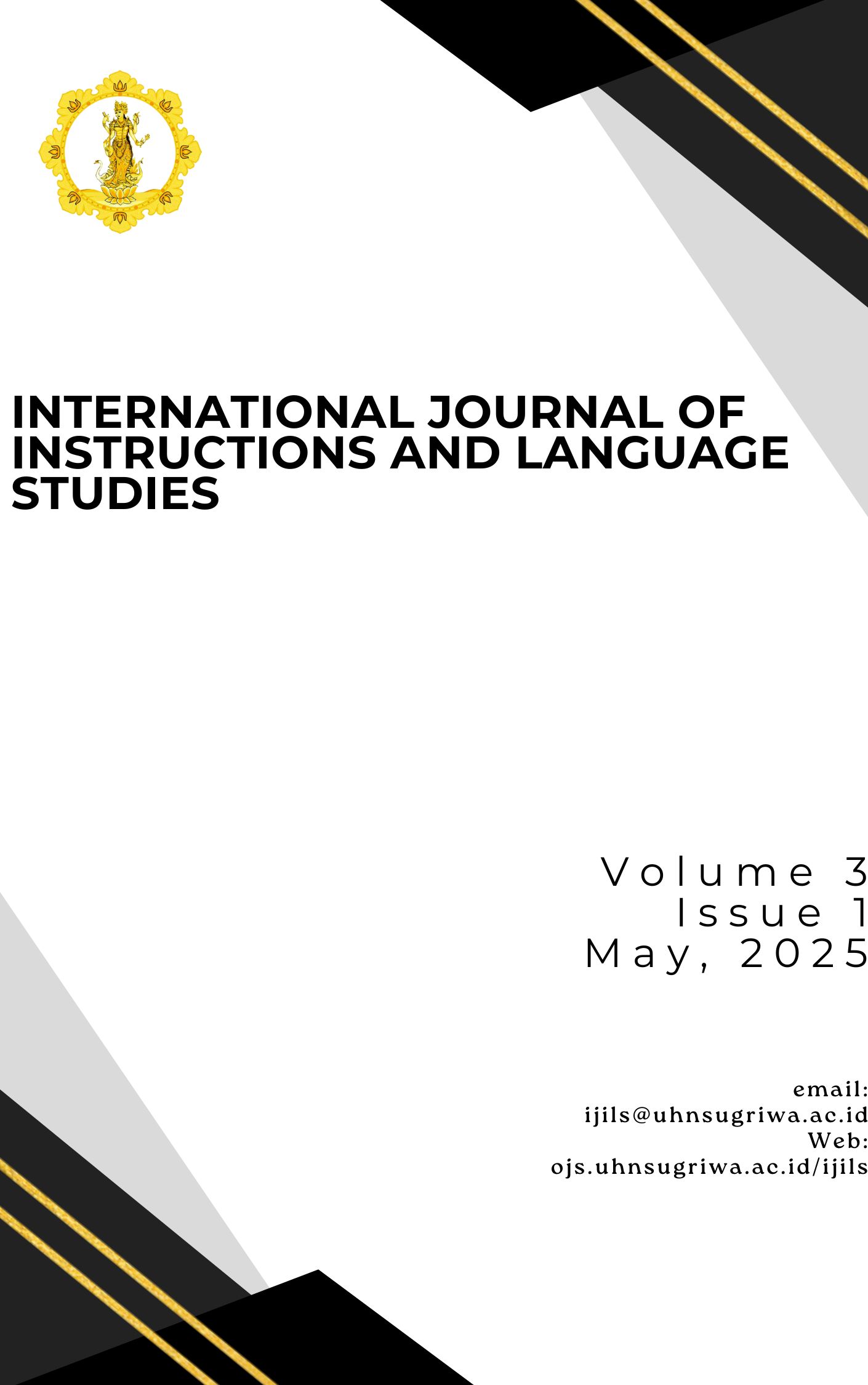DISCOVERING AND MITIGATING CULTURAL SENSITIVITY IN LANGUAGE INSTRUCTION: A CASE STUDY IN STUDENTS’ RELIGION IDENTITY IN ENGLISH INSTRUCTION
DOI:
https://doi.org/10.25078/ijils.v3i1.4899Keywords:
Cultural Sensitivity, Religious Identity, Language Instruction, Islamic Boarding Schools, English Language Learning, Pedagogical InterventionAbstract
This study investigates the intricate relationship between religious identity and English language learning at Indonesian Islamic boarding schools and contributes significantly to the knowledge of cultural sensitivity in teaching. Based on qualitative case study approaches in Pasuruan, East Java, Indonesia, the study investigates the role of religious identity in mediating language learning as well as challenges in providing culturally sensitive education. It is grounded in Intercultural Communication Theory and Identity Negotiation Theory to examine complex interactions between Islamic beliefs of learners and language acquisition. Through classroom observations and semi- structured interviews with eight participants (four teachers and four learners), the study examines the role of Islamic values in English language learning processes as well as the involvement of students in English lessons. Key research questions involved the place of religious identity in language acquisition, difficulties in culturally responsive teaching, and the structuring of pedagogical interventions that enhance language proficiency without diminishing cultural integrity. The findings emphasize the need for a more delicate approach to the teaching of languages that recognizes and respects students' religious and cultural identities. The study contributes to the overall scholarly literature in recommending a model that moves language learning as an active process of cultural negotiation and identity construction. It emphasizes the necessity of creating inclusive learning spaces that recognize students' diverse cultural experiences and enable them to grow linguistically.




